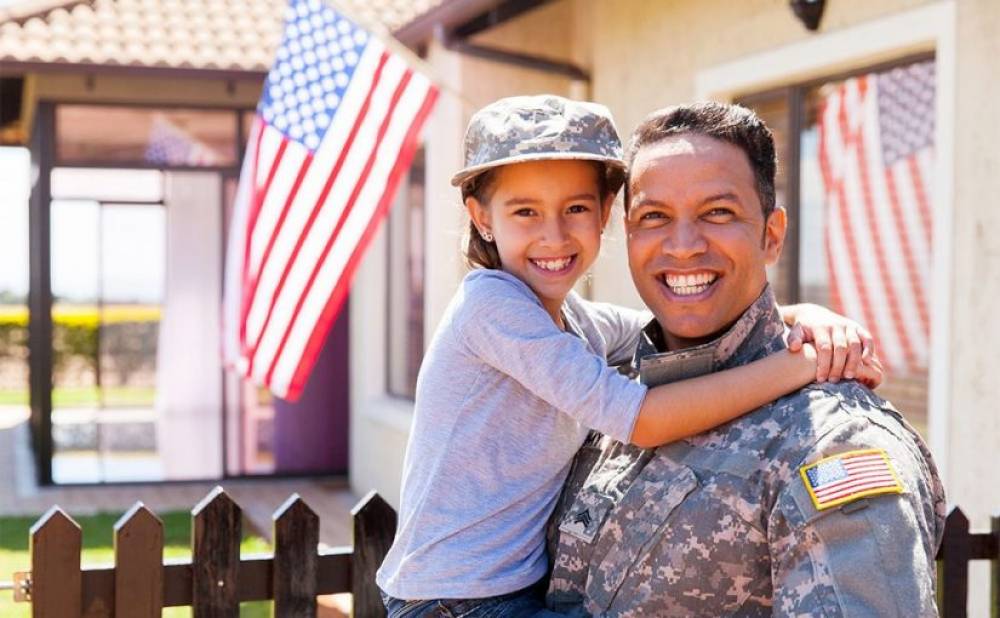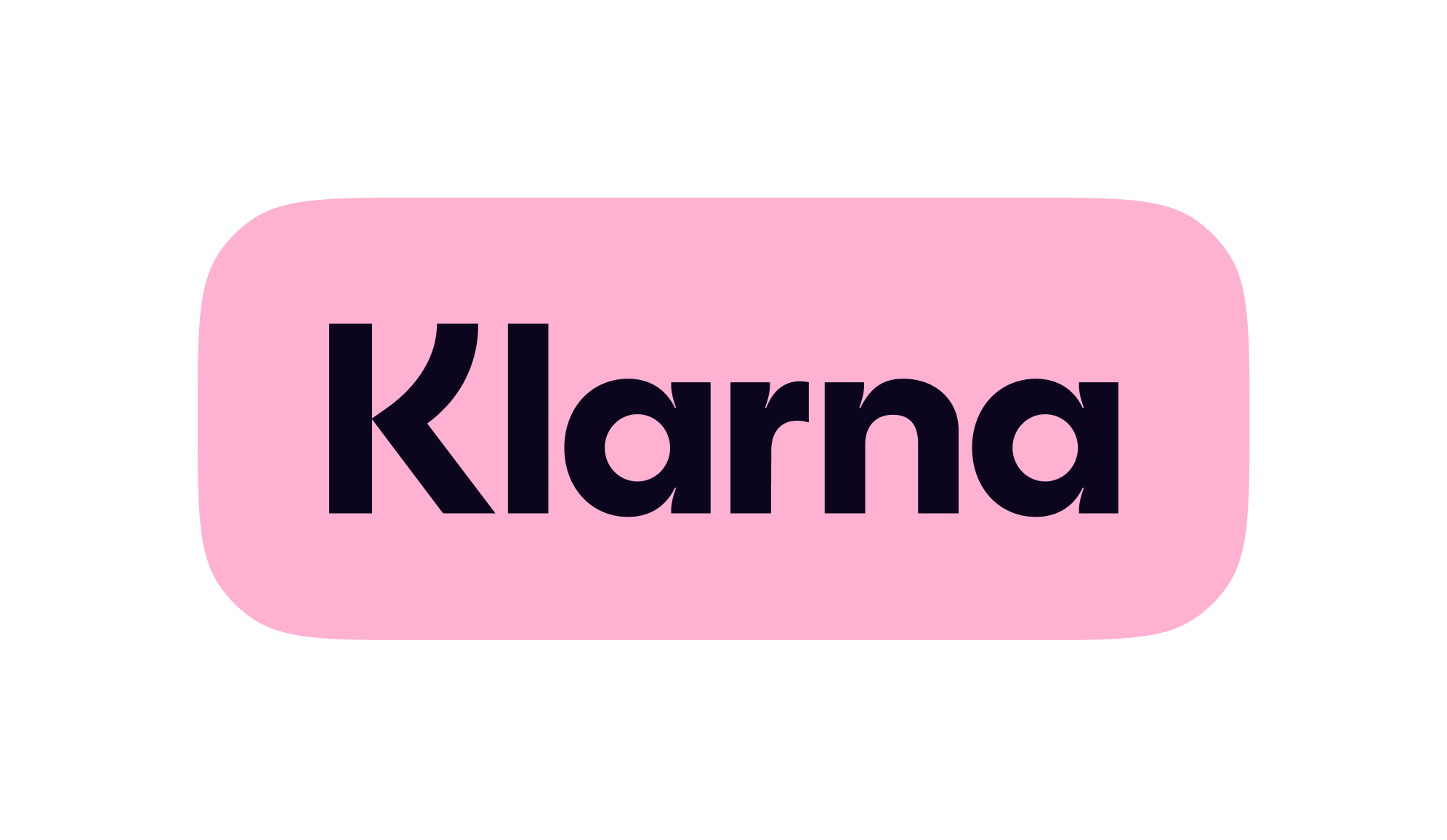In the digital age, community and camaraderie have taken on new forms. For military veterans, the shift to online communities has opened doors to support systems, resources, and connections that can significantly enhance their post-service lives. These online veteran communities offer a wealth of benefits, ranging from emotional support and mental health resources to career advice and networking opportunities. Let’s explore how these virtual spaces can be a lifeline for those who have served.
A Sense of Belonging and Understanding
One of the most profound benefits of online military veteran communities is the sense of belonging they provide. Transitioning from military to civilian life can be challenging, with veterans often feeling isolated and misunderstood. Online communities offer a haven where veterans can connect with others who share similar experiences and challenges. This shared understanding fosters a sense of camaraderie that is invaluable during the often-difficult transition period.
Websites like Reddit have dedicated subreddits such as r/Veterans, where members can share stories, seek advice, and offer support. These platforms provide a space where veterans can speak freely about their experiences, knowing they will be understood and supported by their peers.
Mental Health and Emotional Support
Mental health is a critical issue for many veterans. The traumas of service, coupled with the difficulties of adjusting to civilian life, can lead to significant emotional and psychological challenges. Online veteran communities play a crucial role in providing mental health support.
Organizations like the Veterans Crisis Line offer confidential support through online chats, providing immediate help for those in crisis. Platforms like Together We Served (TWS) provide forums where veterans can discuss their struggles and receive encouragement from others who have faced similar challenges.
Access to Resources and Information
Navigating the plethora of benefits and resources available to veterans can be overwhelming. Online communities often serve as hubs of information, where veterans can learn about educational opportunities, healthcare benefits, housing assistance, and more.
The VA.gov website is a comprehensive resource, but online communities can help veterans interpret and navigate these resources more effectively. Websites like My HealtheVet offer personalized support and information on VA healthcare services, while forums and social media groups provide anecdotal advice and firsthand accounts that can be incredibly valuable.
Career Development and Networking
Transitioning to a civilian career is a significant hurdle for many veterans. Online veteran communities are instrumental in providing career advice, job listings, and networking opportunities.
LinkedIn groups dedicated to veterans, such as the Veteran Mentor Network, offer professional networking opportunities and mentorship from fellow veterans who have successfully transitioned to civilian careers. Sites like RallyPoint allow veterans to connect based on their military experiences and career interests, facilitating valuable professional relationships and job opportunities.
Educational Opportunities
Continuing education is often a key component of successful reintegration into civilian life. Online communities provide information on educational benefits, scholarships, and advice on navigating higher education as a veteran.
The Post-9/11 GI Bill provides substantial educational benefits, but understanding and utilizing these benefits can be complex. Online forums and groups can offer guidance on how to maximize these benefits, share experiences with different educational institutions, and provide moral support throughout the educational journey.
Advocacy and Empowerment
Veterans often find a powerful voice in online communities. These platforms can be used to advocate for policy changes, share stories with the broader public, and empower veterans to take an active role in shaping their futures.
Social media campaigns led by veteran organizations can raise awareness about issues such as veteran homelessness, mental health, and employment. Platforms like Facebook and Twitter allow veterans to share their stories and experiences, fostering a greater understanding and appreciation of the sacrifices made by military personnel.
Building Lasting Friendships
Beyond the practical benefits, online veteran communities offer the opportunity to build lasting friendships. These connections can be a source of joy, comfort, and support, providing veterans with a social network that extends beyond their local community.
Virtual meetups and social events organized by online veteran groups can lead to deep and meaningful friendships. Platforms like Zoom or Discord allow veterans to interact in real-time, participate in group activities, and maintain a sense of social connection.
The benefits of online military veteran communities are vast and varied. From providing emotional support and mental health resources to offering career advice and educational guidance, these virtual spaces are an essential lifeline for veterans. They foster a sense of belonging, provide access to crucial resources, and create opportunities for advocacy and empowerment. Most importantly, they offer a place where veterans can connect, share, and thrive together. In the ever-evolving digital landscape, these online communities will continue to be a vital support system for those who have served our country.















